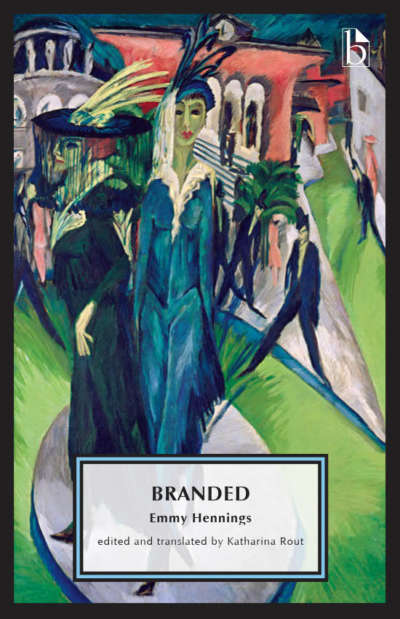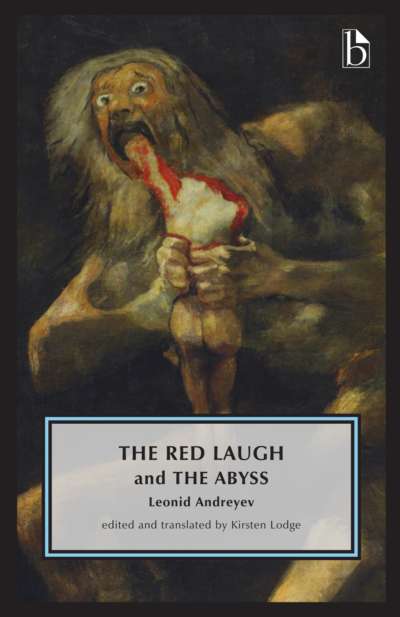Trojan Women tells the story of the survivors of the Trojan War, the women and children taken into slavery by the victorious Greek army. Through the tragedy’s central character, the matriarch Hecuba, this late play (415 BCE) demonstrates Euripides’ commitment to speaking on behalf of the less powerful and offers a scathing critique of Athenian behavior as the city fought its own disastrous war with its southern neighbor, Sparta. Trojan Women features well-known characters from Greek mythology, including the prophetess Cassandra, the gods Athena and Poseidon, and, most notably, the infamous Helen, the cause of the war, who must defend herself to the husband she abandoned.
This new translation features a text committed to accuracy and clarity, one developed in collaboration with actors for clear reading and performance. Appendices provide other important literary treatments of the central women in the play, with selections ranging from Homer to Shakespeare.
Comments
“While Euripides’ tragedies are universally celebrated, they somehow seem just beyond the typical undergraduate’s appropriating grasp. This new edition of Trojan Women, by a distinguished translator and historian of ancient Greek drama, provides a point of entry to the non-specialist, and especially to those approaching classical theater for the first time. The introduction succinctly and engagingly lays out the important facts about Euripides’ life, the theatrical conditions and conventions of Greek theater, and the remarkably prescient issues explored in Trojan Women for the twenty-first-century world. The text itself is the highlight, transferring Euripides’ ideas, word play, even humor, into English as it channels the poetic voice and pathos of the great matriarch at the tragedy’s center, Hecuba. So for today’s theater practitioner, as well as for teachers and students of classical literature and theater, this edition has no rivals.” — Paul Whitfield White, Purdue University
“Paul Streufert’s translation of Trojan Women is a director’s dream. His clear, concise language retains Euripides’ soaring poetry, but it does so with a contemporary touch that is accessible to actors and audience members alike. His light and nuanced treatment of the text allows actors to navigate the play’s complex spoken arias with relative ease, which frees actors to shape their characters into compelling, full-bodied humans worthy of the stage. In short, Streufert humanizes Euripides’ tragic lament for our contemporary ears, which is no small feat!” — Rhett Luedtke, George Fox University













